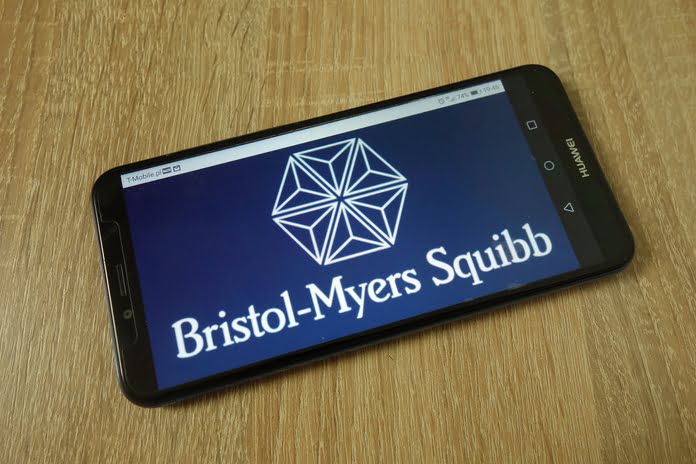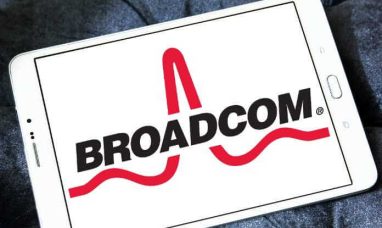Bristol-Myers Squibb (NYSE:BMY)
Following the release of Phase 2 results for the blood thinner milvexian by Bristol Myers Squibb (NYSE:BMY) and its partner, the Janssen division of Johnson & Johnson (NYSE:JNJ), the company’s shares fell 5%, marking the largest intraday fall since June 2020.
The oral factor XIa (FXIa) inhibitor was examined in the AXIOMATIC-SSP research in patients taking dual antiplatelet treatment, aspirin, and the blood thinner clopidogrel after an acute ischemic stroke or transient ischemic attack across five dose regimens (TIA). The purpose of the 2,236-subject global trial was to assess milvexian’s potential for preventing new symptomatic ischemic strokes or new covert brain infarctions.
Trail Results
According to the firms, the trial’s main goal of determining dosage response for the composite endpoint of symptomatic ischemic stroke with MRI-detected covert brain infarction was not accomplished.
There was a 30% reduction in the risk of symptomatic ischemic stroke in patients receiving 25, 50, or 100 mg of milvexian twice daily compared to placebo.
AXIOMATIC-SSP results and a prior mid-stage dataset for the candidate in total knee replacement, according to Puneet Mohan, vice president of Bristol-Myers’s Milvexian program, “further confirm our confidence in this asset, and we intend to launch our comprehensive Phase 3 program later this year.”
Geoff Meacham and other Bank of America analysts concurred. “Overall, we believed the findings were conflicting but sufficiently de-risking to move onto phase 3s,” they continued.
According to BofA, the medication was associated with fewer symptomatic ischemic strokes at all dosages except the 200mg BID dose, even without a dose-response. In light of the company’s robust product pipeline, the brokerage firm reiterated its Buy rating and $80 per share price objective for Bristol-Myers.
To evaluate its potential for preventing stroke occurrences, German pharmaceutical giant Bayer (OTCPK:BAYZF) (OTCPK:BAYRY) this week announced the beginning of two Phase 3 trials for its oral Factor XIa (FXIa) inhibitor asundexian.
According to Bayer (OTCPK:BAYZF), the OCEANIC program will enroll up to 30,000 people with atrial fibrillation, non-cardioembolic ischemic strokes, and high-risk transient ischemic attacks.
Revenues from Eliquis and Xarelto, two Factor Xa inhibitors of a different class of anti-platelet medication created by Bristol-Myers (BMY)/Pfizer (PFE) and Johnson & Johnson (JNJ), respectively, were $10.8B and $2.4B in 2021.
Featured Image: Megapixl @Piter2121














